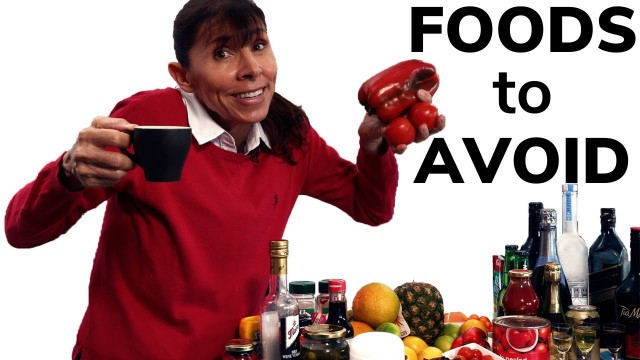

'Overactive bladder, urgency and bladder leakage are often aggravated by common food and drink. Pelvic Floor Physiotherapist Michelle from https://www.pelvicexercises.com.au shows you the key dietary causes of bladder irritation and urinary urgency. This dietary information for men and women helps you better manage overactive bladder and reduce bladder leakage. Overactive bladder is characterized by bladder symptoms including urinary urgency, frequency (daily voiding more than 10 times), nocturia (night time voiding more than 1-2 times) and urinary incontinence. Some foods and drinks can cause bladder irritation and increase overactive bladder problems. The main bladder irritants to avoid are presented in the following 5 categories. The most common bladder irritants that cause bladder urgency include: *Caffeine *Alcohol *Acidic Foods *Condiments and Spices *Medications and Artificial Sweeteners (some) Many bladder irritants are hidden in the ingredients of common foods and drinks. If you suffer from overactive bladder, it\'s important to be aware of those ingredients that potentially irritate your bladder and read the food labels of foods and drinks before you consume these items. These are the dietary substances most likely to cause bladder urgency in some individuals. Not all of these foods and drinks will have the same effect on every individual with overactive bladder. To test whether or not they worsen your overactive bladder symptoms, you may choose to eliminate them for a week and then reintroduce individual items one at a time every couple of days. Note the immediate effect on your bladder urgency and leakage and you may decide to limit or eliminate them from your diet if they have a marked effect. When eating out some of the foods most likely to cause bladder urgency include some of our favorite international cuisines. This video discusses some of the cuisines more likely to cause bladder irritation when eating out. If you require medical assistance managing overactive bladder then consult with a Pelvic Floor Physiotherapist. Transcribe video link: http://www.youtube.com/timedtext_video?ref=share&v=NlBZPbxBiXc References: Friedlander J. et al. (2012) Diet and its role in interstitial cystitis/bladder pain syndrome (IC/BPS) and comorbid conditions. BJU International. BJU Int. 2012 Jan 11. ICN foodlist https://www.ic-network.com/downloads/2012icnfoodlist.pdf ––––––––––––––––––––––––– Music by Aiden Kenway: https://www.youtube.com/channel/UCEeJ... Lights by Sappheiros https://soundcloud.com/sappheirosmusic Creative Commons — Attribution 3.0 Unported — CC BY 3.0 Free Download / Stream: https://bit.ly/LightsSappheiros Music promoted by Audio Library https://youtu.be/-lbbHQbZNKg –––––––––––––––––––––––––– Disclaimer The information provided in this video is intended as general information and not a substitute for individual medical advice regarding your medical condition. To the extent permitted by law, neither Healthy Fit Solutions Pty Ltd, as trustee for the P & M Kenway Family Trust (“we”), nor any of our officers, employees, agents or related bodies corporate will be liable in any way (including for negligence) for any loss, damage, costs or expenses suffered by you or claims made against you through your use of, or in connection with, this video or information supplied or offered to be supplied on this video. Although we use our best efforts to provide accurate information and other materials on this video, the video is provided “as-is”. To the extent permitted by law, all warranties, conditions and representations provided about or by this video are excluded.'
Tags: diet , alcohol , Frequency , physical therapist , urgency , caffeine , physiotherapist , uti , overactive bladder , Pelvic pain , interstitial cystitis , bladder leakage , overactive bladder causes , overactive bladder natural treatment , urinary urgency , bladder irritants , bladder education
See also:
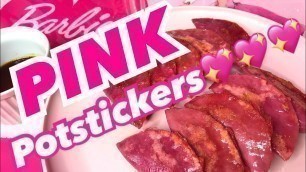
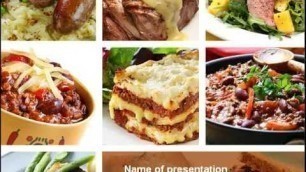

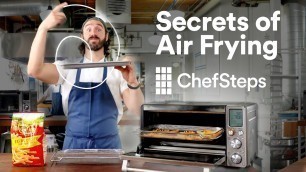
!['So Min & Ji Hyo\'s Fried Food Mukbang~! [Running Man Ep 456]'](https://cdn-img01.foodbloggs.com/images/39-m/144/1443867_m.jpg)





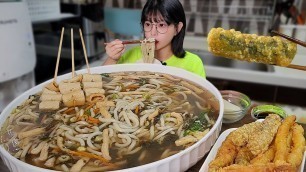

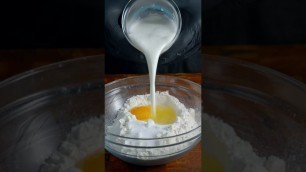

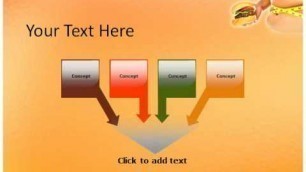
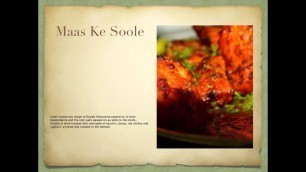
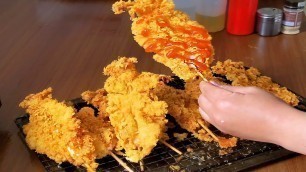
comments